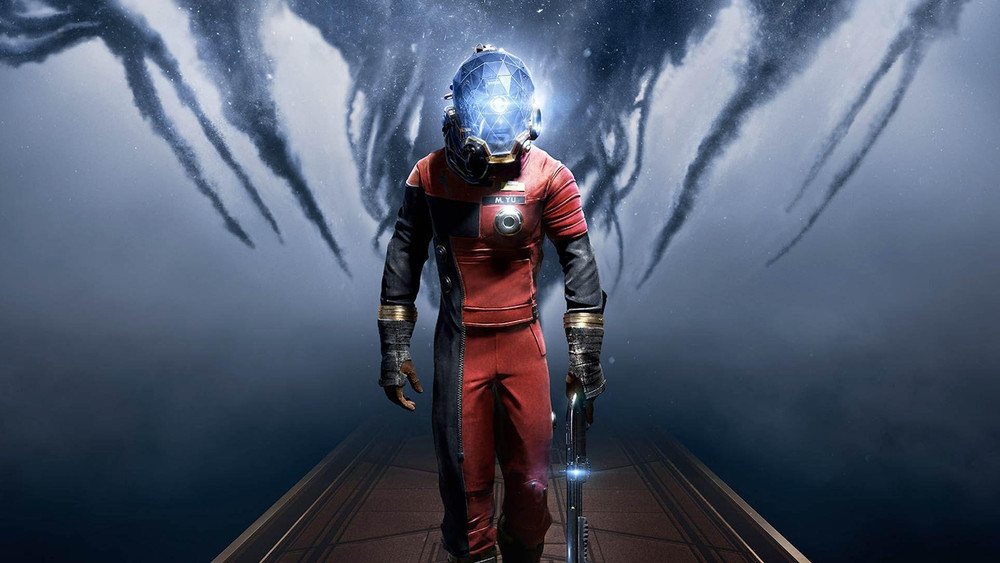I love Wes Anderson. Even though I haven’t seen enough of his movies (a fact that’ll change soon, no doubt), it always strikes me how much I adore everything he makes. I guess he makes it seem so easy, so natural, so playful. When I heard he was doing a Roald Dahl movie (one of my favourite authors, but once again I feel haven’t read enough to say), I figured this couldn’t go wrong. And I love being right.
Fantastic
I wasn’t too sure about The Fantastic Mr Fox, though. I was a virgin in seeing stop-motion on the big screen, and it struck me how every little imperfection (that gets built in on purpose nowadays) was enlarged twenty thousand times. Call me a stop-motion nonsavant, but it took some time for my eyes to adjust. The only movie I remember doing that was Cloverfield – and I liked that one too. For entirely different reasons, obviously.
It appears I’m not the only one who believes in Wes Anderson’s genious: the movie sports an impressive cast, featuring George Clooney, Meryl Streep, Bill Murray, Willem Dafoe and many others. Whether you like them or not, they are all more than capable to deliver a wonderful performance, using just the right amount of irony to make this thing works.
Dahl and Anderson
I think I’ve seen just about any recent Dahl movie. I remember seeing Mathilda (garbage), James and the Giant Peach (even worse), Burton’s Charlie and the Chocolate Factory (awful) and I think I know the soundtrack of the 1970s Willy Wonka and the Chocolate Factory by heart (Dahl obviously hated it and he’s right, but oddly enough, I like it with a spoonful of irony).
I think making a movie out of a Dahl book is not easy. Technically, Dahl mainly wrote for children. But then again, he didn’t. To get the point accross, here’s a quote from Mathilda’s first pages:
School teachers suffer a good deal from having to listen to this sort of twaddle from proud parents, but they usually get their own back when the time comes to write the end-of-term reports. If I were a teacher I would cook up some real scorchers for the children of doting parents. “Your son Maxiliam”, I would write, “is a total wash-out. I hope you have a family business you can push him into when he leaves school because he sure as heck won’t get a job anywhere else.”
Dahl had a pretty gnarly idea about children these days, and would – like the Grimm Brothers – often resort to cruelty to put them (and their parents) in their place. But – and this is the key and the main difference to the Grimm Brothers – he does it in a very playful manner. This is exactly where Wes Anderson’s The Fantastic Mr. Fox comes in. The movie feels more like watching a video game – Wes Anderson is playing through a game and we’re watching the outcome of it. But, in its own playful way, it is pretty cruel: foxes are foxes, farmers are farmers. They eat, they kill, they destroy.
In All…
It’s very hard to capture the essence of why this movie works for me. On the other hand, Anderson seems to know it, and for him, it all seems so easy. I wouldn’t necessarily say this is a cinema experience for the masses: the theatre was nearly empty, but the handful of the people that were there, laughed their asses off.
It’s playful, it’s funny, it’s entertaining. It’s well-written, it’s witty, and it’s got a nice soundtrack to boot. Go see it – and if you’re unsure about whether or not you will get into the stop-motion: wait for the DVD. But not a second longer. And if you’re not rooting for Foxie by the start of the final act, you’re a stone-cold bastard.



